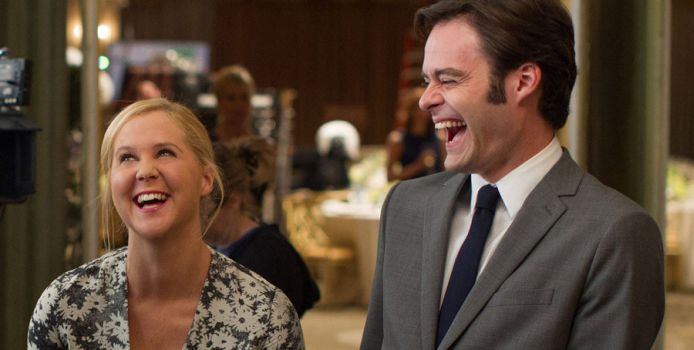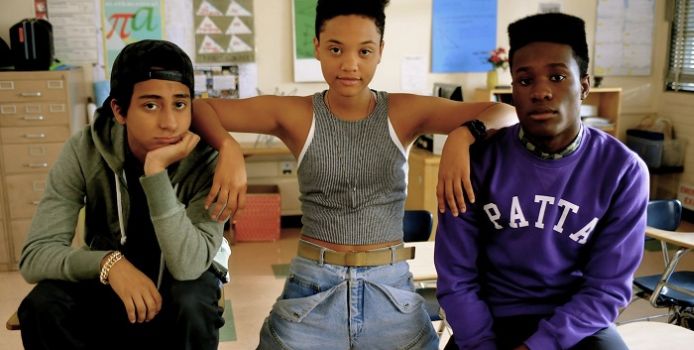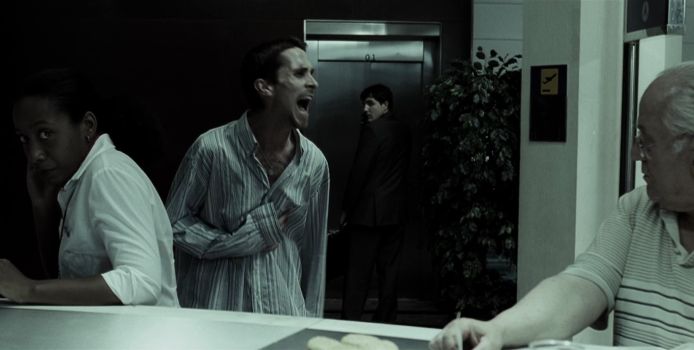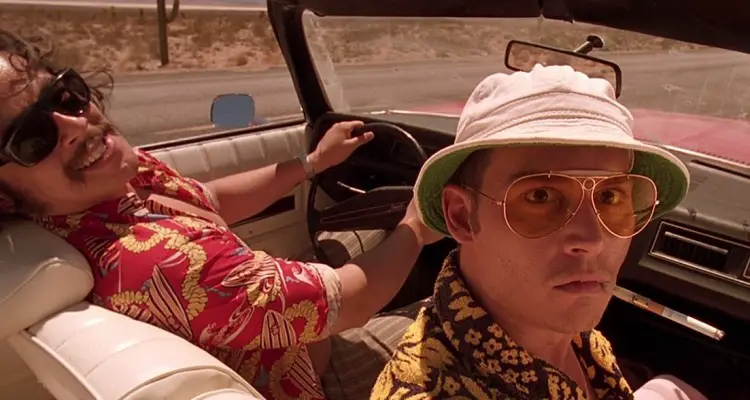drugs

“Your American ears won’t understand, your eyes will see things that make no sense, but in the end you’ll understand,” DOD Operative Alejandro (Benico Del Toro) Brazen sunlight beats down on the terrain, voiding any visible shadows. Homes and domiciles of the Phoenix desert fill and occupy the frame, and the camera remains momentarily stationary. But then, in an instant, the machinery that captures and reproduces light stirs and begins to pan from right to left across the suburban community; as human beings, FBI agents in full riot gear with guns pointed, to be precise, enter into the picture.

Ted 2 is exactly what you think it is. Seth MacFarlane is an entertainer who infuses all of his work with the same pop-culture heavy and juvenile abundant humour, from his roots in Family Guy to this, his third cinematic effort. The first Ted was a cinematic surprise, over-performing at the box office to become (at the time) the highest grossing R-Rated comedy of all time.

If it were not for Paul Thomas Anderson, there is a (very) good chance I wouldn’t be interested in writing about movies. It is because of his films that I take time to write for this humble little website. When I was a high school senior in 2009, my interest in movies inflated dramatically, and I watched a movie just about every night.

Asif Kapadia isn’t the documentary filmmaker of our times, but he is one of the most timely. In the digital age where all information is online, he manages to make movies comprised almost entirely of footage that can be found on YouTube and somehow turn them into major events in documentary cinema. Since his (ever so slightly overrated) 2011 effort Senna, his style as a documentarian has stubbornly refused to change, yet the way he manipulates archive footage to create something new and horrifying is unparalleled, even if it frequently favours emotional manipulation over creating a deeper look at the self-destructive life of subject Amy Winehouse.
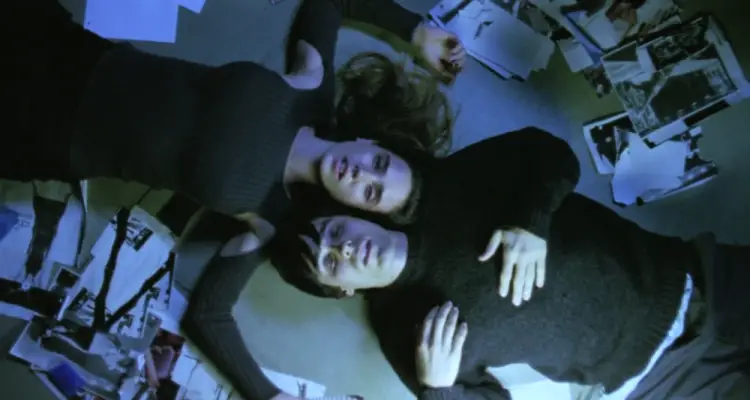
Last month Film Inquiry contributor Rachael Sampson reviewed The New York Film Academy’s newly released infographic exploring gender representation in cinema. In addition to this infographic, the NYFA also published statistics on the portrayal of drugs in movies from 1894 to 2014 for us to review. I’ve always been interested in how society’s feelings towards something considered more ‘taboo’ like drugs is mirrored, if at all, in pop culture, especially in the context of film.

How To Make Money Selling Drugs (2012) is a documentary discussing the lucrative world of drugs and drugs dealing and how people get involved in the world, and, essentially, what should change to make the business less attractive. In a 90-minute feature, director (and melodramatic narrator) Matthew Cooke interviews a multitude of people among which musicians and actors like Curtis Jackson (50 Cent), Susan Sarandon, Woody Harrelson, Marshall Mathers (Eminem), a whole bunch of drug traffickers among which Brian O’Dea and Freeway Ricky Ross, people from the law enforcement, both pro and against the War on Drugs. I went into this movie without any prior knowledge.

Side Effects is a movie about the business of psychiatric medications, fraud, insanity and the failure of the criminal justice system. It’s a complex movie with many plots and twists, and is captivating from start to end. From a very creepy, melancholic opening, we are taken three months earlier into the story.


